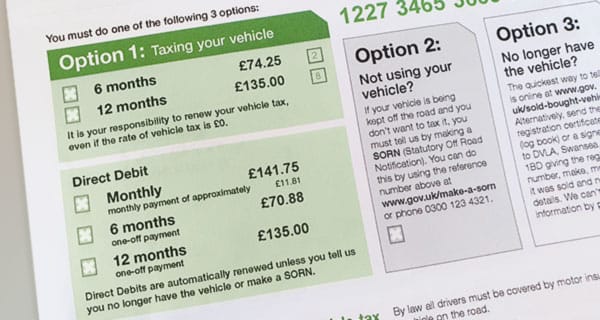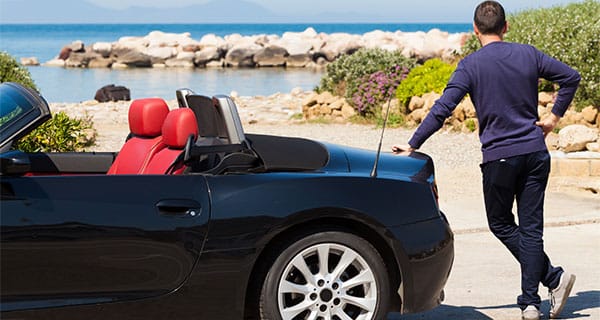Motoring advice
-

AA Cars Used Car Checklist
-

Buying A Used Car
-

How To Haggle With A Dealer
-

10 Top Tips To Help Improve Your Car’s Fuel Economy
-

Spare Wheels: Using, Buying And Maintaining
-

Warranties
-

Car Documents: What Do You Need To Sell Your Car?
-

Car tax
-

Your legal rights




